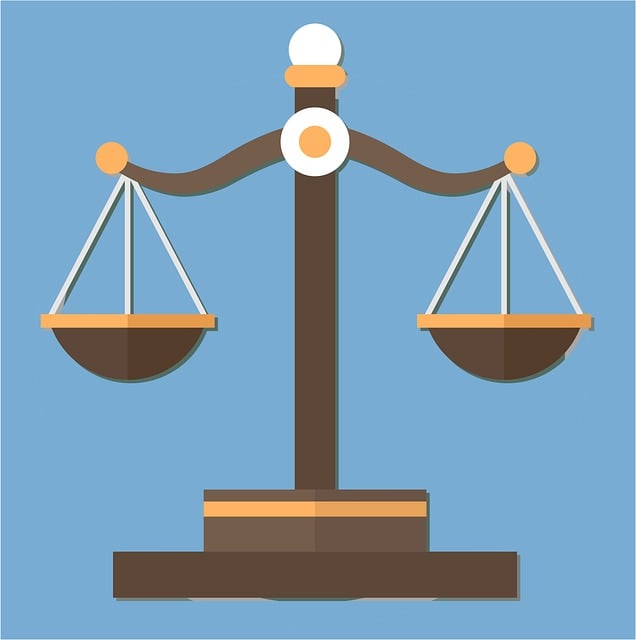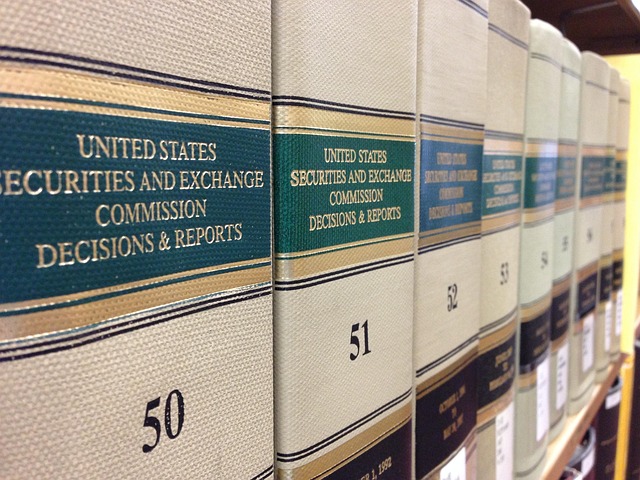Antitrust laws protect fair competition and consumers from businesses fixing prices or creating monopolies. Search and Seizure Rights in Criminal Law balance law enforcement's needs with privacy protection, guided by the Fourth Amendment. When facing antitrust allegations, businesses require robust criminal defense strategies to safeguard against charges and maintain market integrity. Historical cases like Topco and Microsoft provide guidance, while contemporary trends demand adaptive legal approaches, emphasizing the importance of Search and Seizure Rights in Criminal Law in antitrust litigation.
“Antitrust violation cases pose significant challenges for businesses, impacting industries and economies. This article delves into the intricate world of antitrust laws and their enforcement, highlighting critical aspects such as search and seizure rights within criminal law. We explore legal frameworks, potential consequences for businesses facing criminal charges, and historical cases that offer valuable lessons. By examining these elements, we aim to provide insights into the dynamic landscape of antitrust compliance and its far-reaching effects.”
- Understanding Antitrust Laws and Their Enforcement
- Search and Seizure: Legal Framework and Limits
- When Businesses Face Criminal Charges
- The Impact on Industries and Economy
- Historical Cases: Lessons Learned and Trends Observed
Understanding Antitrust Laws and Their Enforcement

Antitrust laws are designed to promote fair competition and protect consumers by preventing businesses from engaging in anti-competitive practices. These laws are enforced by government agencies, such as the Federal Trade Commission (FTC) and the Department of Justice (DOJ), which have broad powers including search and seizure rights in criminal law matters. Understanding these laws is crucial for both businesses and their legal representatives, especially when navigating complex corporate landscapes.
Enforcement of antitrust violations involves a thorough investigation to determine if a company has abused its market power or engaged in activities like price-fixing, market division, or monopolization. In the event of a potential violation, agencies may conduct searches and seize relevant documents as part of their criminal inquiry. A robust general criminal defense strategy is essential to avoid indictment and protect the rights of individuals and entities involved. The unprecedented track record of successful antitrust cases underscores the importance of adhering to these regulations to ensure fair market practices.
Search and Seizure: Legal Framework and Limits

In the realm of criminal law, Search and Seizure Rights are a cornerstone of investigations, balancing the state’s duty to enforce the law with the protection of citizens’ privacy. This delicate equilibrium is governed by a robust legal framework designed to safeguard both societal interests and individual rights. The U.S. Constitution, through the Fourth Amendment, establishes the principle that searches and seizures must be reasonable, ensuring they are conducted for valid purposes and adhere to strict procedural limits.
During all stages of the investigative and enforcement process, law enforcement agencies must respect these rights. For his clients, whether corporate or individual, this means protection against unreasonable searches and seizures. It involves obtaining search warrants based on probable cause, specifically articulating the need for the search, and limiting the scope of the seizure to what is reasonably related to the investigation. This careful navigation ensures that law enforcement actions are proportionate, minimizing intrusions into privacy while effectively facilitating criminal investigations.
When Businesses Face Criminal Charges

When businesses face allegations of antitrust violations, they often find themselves navigating complex legal territories, including potential criminal charges. In the context of criminal law, search and seizure rights play a pivotal role in investigations. Law enforcement agencies may obtain warrants to conduct searches and seize relevant documents or assets related to the alleged offense, ensuring that evidence is collected thoroughly and legally. This process is designed to uphold the rights of both corporate and individual clients while facilitating a fair investigation.
A key consideration for businesses facing these charges is their ability to defend against them. A skilled general criminal defense attorney can help protect the company’s interests, challenging any illegal search or seizure tactics and striving for a complete dismissal of all charges. The goal is to safeguard the organization’s reputation and ensure its survival in the competitive market, regardless of the initial allegations.
The Impact on Industries and Economy

Antitrust violation cases have far-reaching implications for various industries and the economy at large. When companies engage in anti-competitive practices such as price fixing, market division, or monopolization, it disrupts the free market principles that underpin economic growth. These violations can stifle innovation, increase consumer costs, and limit choices across different sectors. For instance, a company’s attempt to restrict competition through illegal agreements may lead to higher prices for consumers, hindering their purchasing power and overall economic well-being.
The impact is not limited to individual industries; it reverberates across the country. A complete dismissal of all charges in antitrust cases, which achieving extraordinary results, can enable companies to regain their competitive edge and promote fair market conditions. Unlike criminal law’s Search and Seizure Rights, where the focus is on evidence collection, antitrust litigation aims to protect the economic landscape by ensuring no entity dominates or manipulates markets, thereby fostering a healthier, more dynamic economy.
Historical Cases: Lessons Learned and Trends Observed

In the annals of antitrust history, several cases stand out as pivotal moments in shaping competition policy. Landmark decisions like United States v. Topco Associates (1978) and Microsoft v. United States (2004) have not only interpreted antitrust laws but also highlighted the dynamic nature of markets. These historical cases offer invaluable lessons on the delicate balance between fostering competition and protecting consumers from anti-competitive practices. Through them, we learn about the complexities arising from mergers, price-fixing schemes, and market dominance, shaping strategies for both prosecutors and defendants in the field of white collar defense.
Observing these trends reveals a consistent effort to adapt antitrust enforcement to evolving business landscapes. As markets become more global and interconnected, new challenges emerge. For instance, the rise of tech giants has prompted investigations into their competitive practices, often involving intricate data sharing and exclusive deals. These contemporary cases underscore the need for ongoing legal education and innovation in defense strategies. Achieving extraordinary results in antitrust litigation demands a deep understanding not only of the law but also of the unique dynamics within philanthropy, political communities, and global markets.
Antitrust violation cases, encompassing complex issues like search and seizure rights in criminal law, have significantly shaped industries and economies over time. Understanding these cases, from historical trends to modern enforcement, is crucial for businesses navigating competitive landscapes. By learning from past experiences, companies can ensure compliance with antitrust laws, fostering a fair market environment that promotes innovation and consumer welfare.






